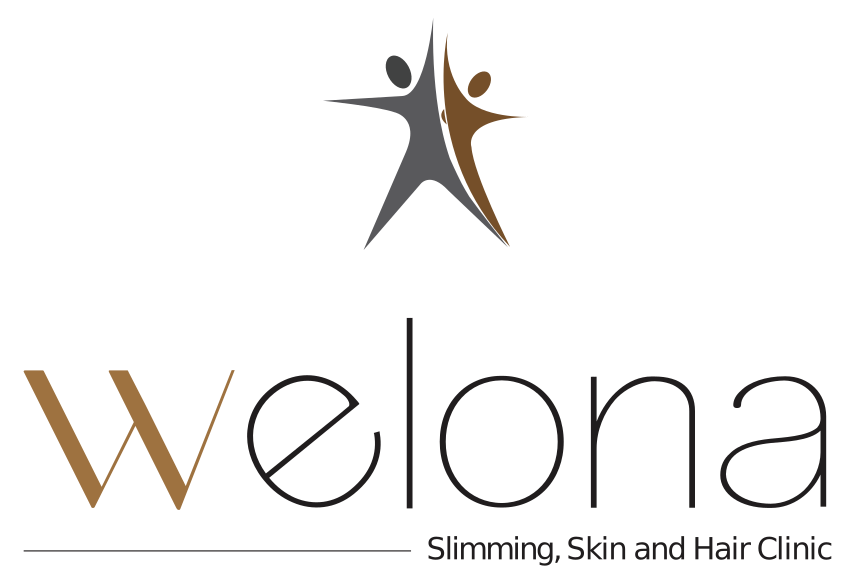Scroll through social media and you’ll see countless posts about glutathione injections promising glowing, brighter skin. Celebrities swear by them, beauty clinics promote them, and influencers show dramatic before-and-after photos.
But is this just another beauty trend with great marketing, or is there actual science backing these claims?
Let’s cut through the hype and look at what glutathione really does – and whether it deserves a spot in your skincare routine.

What Even Is Glutathione?
First things first: glutathione isn’t some mysterious beauty ingredient invented in a lab.
It’s actually a powerful antioxidant that your body naturally produces. It’s made up of three amino acids (glutamine, cysteine, and glycine) and exists in every cell of your body.
What it does naturally:
Glutathione protects your cells from damage caused by free radicals and toxins. Think of it as your body’s internal bodyguard, neutralizing harmful substances and supporting your immune system. It also plays a role in liver detoxification and maintaining overall cell health.
Your body makes it on its own, but levels can decrease due to aging, stress, poor diet, pollution, and illness.
The Skin Brightening Connection
So how did glutathione become a skin-brightening superstar?
Here’s the science: glutathione can inhibit the enzyme tyrosinase, which is responsible for producing melanin (the pigment that gives your skin its color).
What the Research Actually Says
Here’s where it gets interesting. There is some scientific evidence supporting glutathione’s brightening effects:
- Studies have shown that glutathione can reduce melanin production when applied topically or taken orally/via injection
- Clinical trials have reported visible improvements in skin tone and a reduction of dark spots after consistent glutathione treatment
- The antioxidant properties genuinely help protect skin from oxidative stress, which can contribute to dullness and aging
But (and this is important): The research is still limited. Many studies have small sample sizes, and the FDA hasn’t approved glutathione specifically for skin brightening.
Most evidence is observational or from smaller clinical trials – not large-scale, long-term studies.
The Reality Check
Does glutathione work for brightening?
For many people, yes – especially when administered correctly and combined with a good skincare routine.
But it’s not a miracle overnight solution, and results vary significantly based on:
Your baseline skin tone and type:
- Dosage and frequency of treatments
- Consistency (you’ll need multiple sessions)
- Lifestyle factors like sun exposure and diet
Is It Worth It?
If you’re dealing with stubborn pigmentation, melasma, or uneven skin tone that hasn’t responded to topical treatments, glutathione injections might be worth exploring.
The science suggests they can be effective, especially when combined with other brightening treatments like chemical peels or laser therapy.
However, it’s crucial to have realistic expectations.
Glutathione isn’t going to dramatically change your natural skin tone, and it works best for addressing pigmentation issues rather than trying to achieve a completely different complexion.
The Takeaway
If you’re curious about whether glutathione treatments are right for you, skip the guesswork and get expert guidance.
Book a consultation at Welona, where our specialists will assess your skin concerns and determine if glutathione injections – alone or combined with other treatments – can help you achieve the bright, radiant complexion you’re after.
Because glowing skin deserves a science-backed approach.


